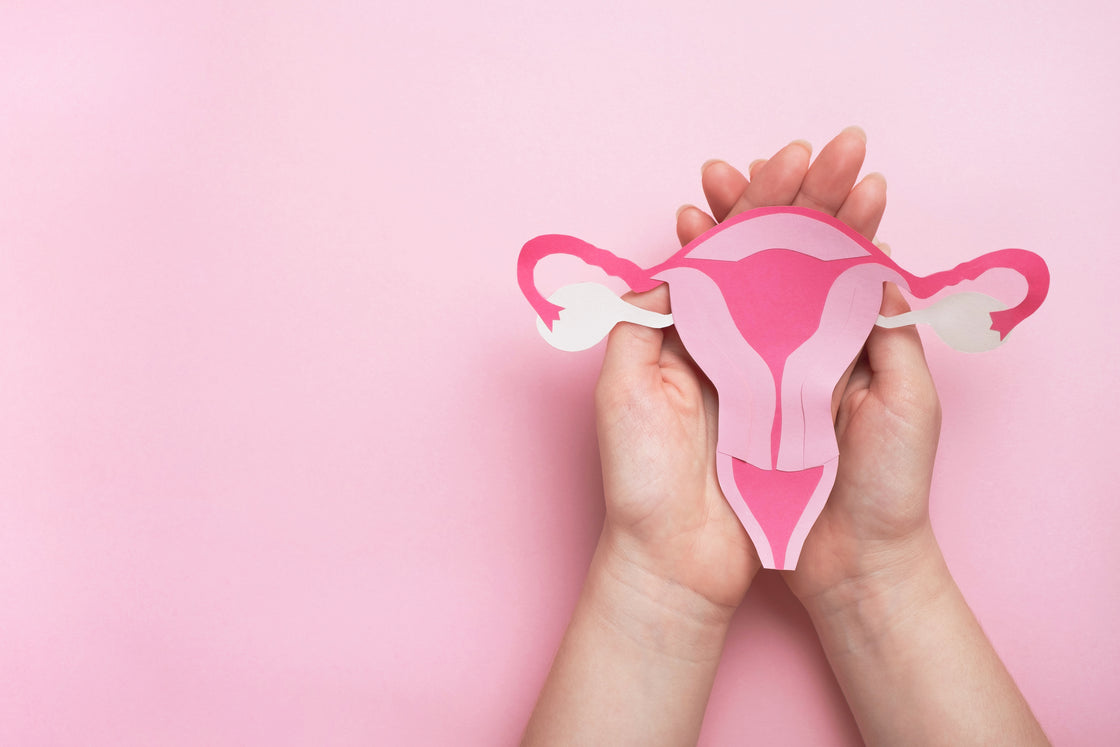An insight into Premenstrual Dysphoric Disorder and how it can be managed
Known by its full name or as PMDD, Premenstrual Dysphoric Disorder is likened to a severe form of PMS or premenstrual syndrome – whereby the individual suffers from both heightened physical and emotional symptoms every month during the luteal phase of the menstrual cycle.
PMS is the term which we use to depict the cramps and emotional symptoms experienced by women of childbearing age at a specific time of the month, every month. PMS symptoms and their severity vary between individuals, with some citing more significant pain than others. PMDD, on the other hand, is far less common and is the specific term which we use to group together those who suffer severe symptoms including debilitating pain and a whole range of psychological responses and emotions as outlined later in this piece.
So, what do you need to know about PMDD, and can it be managed?
What causes PMDD?
Frustratingly, there is no definitive or proven cause of PMDD – rather, it is assumed to be caused by an abnormal reaction to the perfectly natural changes in hormone levels which occur in the body during the monthly menstrual cycle.
How do I know if I’ve got it?
If you suffer from PMDD, you will know about it. While PMS is the standard physical and emotional response to the menstrual cycle, PMDD is a medically diagnosed medical condition which often requires medical intervention and treatment.
The symptoms of PMDD tend to be grouped into different categories, which include:
- Psychological symptoms
- Gastrointestinal symptoms
- Skin problems
- Fluid retention and weight issues
- Respiratory problems
- Neurological and vascular problems
- Other issues like specific cravings, hot flushes, diminished sex drive, and decreased attention
All of these symptoms are experienced to varying degrees, with no specific medical conclusion as to exactly what someone with PMDD will experience. As so many of the symptoms cross over with mental disorders such as anxiety and depression, it can be difficult to diagnose PMDD formally and receive the right treatment – with those experiencing such symptoms advised to monitor and track them for several months.
Tracking the arrival and easing of symptoms is particularly important as symptoms of PMDD, like those associated with PMS, tend to appear the week before menstruation starts and are alleviated naturally within a day or two of your period arriving. This is what is most likely to help a medical professional diagnose your ailment as PMDD rather than another mental condition – as the timeline and correspondence with your menstrual cycle will help them assess the definitive link between the two.
What happens if I’m diagnosed with PMDD?
If a doctor diagnoses you with PMDD then a combination of lifestyle and dietary changes will be recommended and prescribed, alongside specific medication which can work to ease the symptoms and help to decrease the intensity of your body’s natural reaction to the monthly hormonal changes and imbalances.
With that said, is there anything that you can do at home to help alleviate and manage your own symptoms?
Is there anything I can do to ease my own symptoms?
Some of the main lifestyle changes that are recommended for those who suffer from PMDD include increasing protein and carbohydrates in the diet, and cutting back on sugar, salt, caffeine, and alcohol. Stress management is another change that you can make in your own life to help ease some of the psychological symptoms and irritability, with regular exercise a good way of managing stress and physical strength.
Finally, adding the right supplements to your diet can help to balance out your body’s nutrients and hormonal levels – with vitamin B6, magnesium, and calcium all recommended as part of a comprehensive plan for those living with PMDD.



